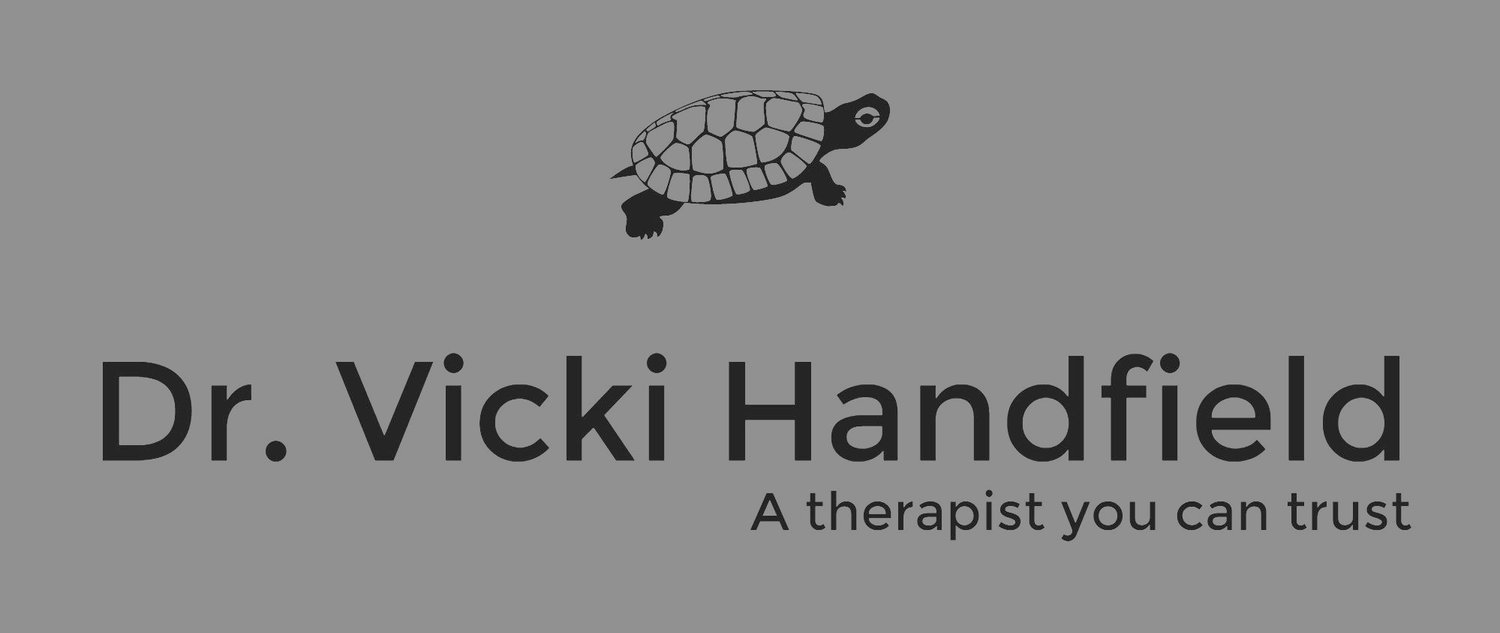It’s great that mental health needs have become so much more acceptable! Now, to say that you have a mental health issue, or are in therapy, or anything related to mental health needs, is actually ok, whew! Wow, actually, this is huge! Mental health was not socially acceptable for many years, it’s now becoming a lot more acceptable, to a degree…
Many people are still, understandably, reluctant to seek help, talk about their emotional state, or needs, or concerns, no matter how large or small, no matter how immediate or long range. It’s still hard.
One of the big deal items is diagnosis. This is complicated. Many people are a lot more comfortable saying they have anxiety, or depression, or bipolar disorder, to name a few. I think this is great. A diagnosis can be very comforting, knowing there is a name, or category for what is troubling you.
However, at the same time, it can be said that diagnoses are not so clear cut. And it can also be said that a diagnosis can be helpful but isn’t the whole story. A diagnosis is a description, rather than a scientifically based category. Did you know that the rate of agreement about a given individual’s diagnosis among mental health professionals is very low? It’s below 50% in many studies. Think about that for a moment. It’s all about perspective.
It may help to consider the history of mental health diagnoses. Diagnoses got started in an effort to communicate among professionals, and it was referred to commonly as a “diagnostic impression”, meaning an initial assessment, to be reassessed as needed, and as more information became available.
Then diagnoses became the way for mental health professionals to be recognized and accepted alongside the medical community. This was important for financial and professional regard. Mental health practices were seen as unconventional at best, “crazy” at worst. As our insurance economy grew, so did the need for acceptance along these lines. Being able to bill and be paid via insurance was seen as necessary for the financial needs and personal confidence of these early professionals.
These diagnoses were never the same as medical diagnoses. Yes, medical diagnoses can certainly be changed, as new information arrives, in any individual case. But it’s important to recognize that mental health diagnoses are descriptions – of behaviors and experiences, not of results of bloodwork or other physical assessments. There is definitely overlap, as medical diagnoses often take into account a patients’ description of their physical complaints.
To me, it’s helpful to see us as continually evolving, whether it’s personal evolution, societal, medical or psychological. Evolution can be confusing. It is very complex, and we are complex beings. That can be comforting or anxiety provoking, depending on your point of view or emotional state. In my experience, personal and professional, I think we tend to think in binary, all-or-nothing ways, when we are stressed. It helps to take a deep breath and ask, “What else could be going on?” This can help each of us shift away from binary reactions, beliefs and fears.
The main important aspect of our current state of evolution, when it comes to mental health, I think is that feelings are being accepted as important, even vital. They are less often dismissed, diminished in importance, significance, or relevance. This is huge! We now refer to Emotional Intelligence as a real thing, this is serious progress, let’s keep it going!
